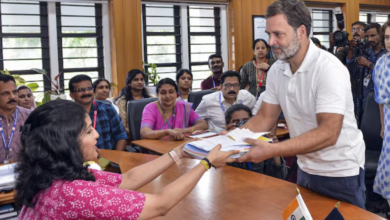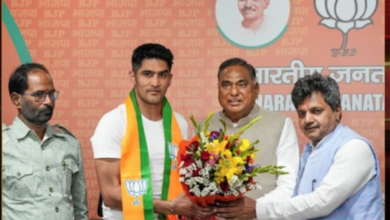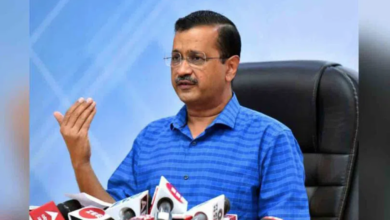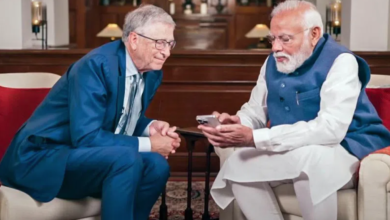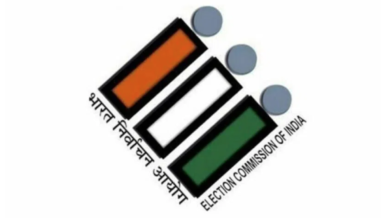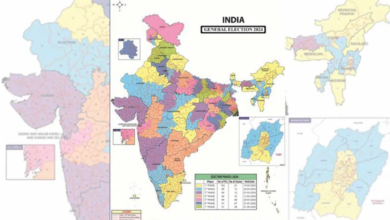South Korea’s Hyundai and Kia cost India billions of dollars in trade deficit, says Piyush Goyal

Union Commerce and industries minister Piyush Goyal has said that Korean auto majors, like Hyundai and Kia, cost India billions of dollars in trade deficit by misusing the free-trade agreement between the two countries.
Speaking at the Asia Economic Dialogue, Goyal said that the free trade agreement allows these companies to import indiscriminately.
“The Korean auto industry, specifically Hyundai and Kia, are clearly two of the laggards. They have enjoyed the benefits of our free-trade agreement with Korea and Japan and continue to import indiscriminately,” Goyal said.
He added that the small investment of half a billion or a billion dollars has cost India dearly in terms of billions of dollars of trade deficit they have caused us directly with Korea or other countries.
“We’ve been talking to Korea about opening up their markets for our products, but look at the stark difference, Korea doesn’t stop any export of steel from India to Korea, and neither does Japan, but we can’t sell a tonne of steel in both these countries because there is a nationalist spirit, which we unfortunately lack,” he said.
He added the production-linked incentive (PLI) schemes could only help the manufacturing sector to a small extent as ultimately they needed to be ‘competitive, stand on their own legs and provide quality products to the consumers’.
On Free Trade Agreements with other countries, Goyal said that he sees good progress in some of the countries like the UK and Canada. “Switzerland and sister countries have not launched any agreement. I am trying to settle the broad framework and sensitive issues like we can’t allow imported dairy products to come and affect pricing, we need to first look at domestic dairy farmers’ interests,” the minister said.
He added that Europe comprises 27 countries, which are much more time-consuming and much more bureaucratic in their approach. “The US, sadly, doesn’t have congressional support to support free trade agreements, but we have devised other ways,” he said.

